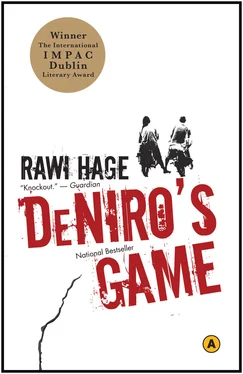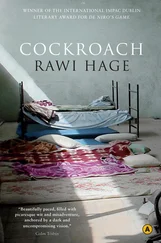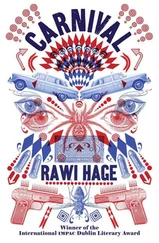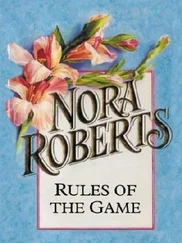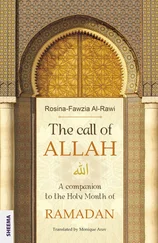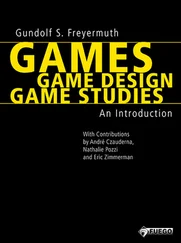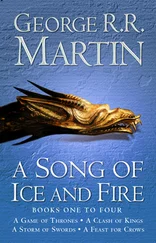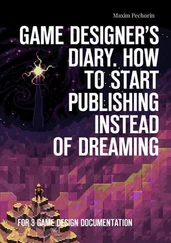And Nabila hung up the phone, lit a cigarette, and noticed she was alone in an empty house, all alone in a war, and surrounded by dogs, human dogs, dogs in men’s masks, dogs with guns, dogs in banker suits, dogs that pee on one’s couch and pant their filthy breath on one’s breast. They are all dogs, men; especially men. Nothing but unfaithful dogs.
LATE THE NEXT NIGHT we heard close-range shots in our neighbourhood. The men went down in their pyjamas, with guns and long knives in their hands.
They are killing dogs! The words of the Christians flew from one balcony to another. Two jeeps carrying seven militiamen surrounded the dogs. Dog massacre! Dog slaughter! An Afghani hound bitch was executed for treason, while in Paris her beloved owner was on all fours on a silk bedsheet, backing up her secret lover, Pierre, a French painter, in his artistic endeavours. A cocker spaniel was pursued by a fat fighter, while his mommy was buying filet mignon in the Champs Élysées for an evening of wine and debauchery. A German shepherd was slaughtered like a sheep in a wolf story, while his adoptive parents were drinking beer at a long table in a European bar filled with men singing Bavarian songs. The chihuahua was missed twice because of his small size, but was finally shot at close range, under a car, while his mother, in Venice, discussed the origin of silk in a chic salon over espresso. The three-legged leader died alone, an orphan, on top of a mountain of rubbish, propped up by a piece of metal, a few empty hummus cans, and a box of Belgian detergent.
During the massacre, Samir the lawyer stood beside the jeep, pointing his finger, reading aloud the execution orders and shutting the dogs’ eyes. He tied their paws with long leather leashes to crucifixes carried by Roman soldiers with skirts and open sandals; he stuck last cigarettes between their loose canines; he swung his sword up and down with every shot, delirious, salivating dog food, and shouting, The small one, get the small one! It is under the car. . He is dangerous. . Give me the gun, I will do it. .
Do not leave any. . They should all go! he shouted in his pyjamas that night, a night known ever since as “The night of the big moon and the final howl.”
Dog blood filled our streets in rivers of drifting bones and urine.
The Christians won the battle, the battle of the hundred dogs.
GEORGE CAME THE next day to pick me up. We drove down to the green line to meet Khalil. We both brought money. On the way there, in the middle of a deserted street, we stopped under a bridge, away from the snipers’ sharp eyes.
We put the money in a bag.
I will show him the money, George said to me.
At the checkpoint, we were stopped by a few men surrounded by sandbags. A young man with a rifle asked me where I was going. I told him we were going to see Khalil the rooster. He made us wait while he phoned Abou-Haddid. We were cleared.
When you pass that main street with the burned van in the middle, drive as fast as you can. The sniper can see you from the tower there, the boy said to us.
Before we got to Danger Street, George stopped. Hold on tight, he said.
He lifted the bike on one wheel and we zoomed straight to the compound.
Joseph met us. I shook hands with him while George went looking for Khalil. He found him, and they both disappeared into a vacant building.
I talked to Joseph. He had a toothache, he said, pressing his hand against his left cheek. I have been sipping araq to calm the pain.
I told him about a dentist who would give him a good price. He said he knew one as well. But it is the electricity, he said. No electricity. . The last time I went to the dentist the electricity was suddenly cut off and I sat in the chair waiting, in pain.
How is Hassan on the other side? I asked.
Let us see. Hassan, Joseph shouted.
Hassan answered with a series of affectionate, dirty curses.
He just insulted your sister again, I said playfully.
Yeah, here, shoot him and save my honour, brother. Joseph giggled. He handed me his rifle.
I held it with my right hand and cranked it with my left hand. I aimed it in the air and shot toward Hassan’s side, while Joseph cursed the vagina that gave Hassan birth.
Hassan fired back at us from the other side. We dug in, and then I stuck the rifle in an opening in the sandbags and shot some more. Joseph stood up and called to Hassan, promising to turn him into ham. The whole front line went ablaze, and everyone started to shoot. Abou-Haddid came running with a ten millimetre in both hands. He sang profanities as he shot a long round from the bullet belt that covered his strong shoulders. Joseph was smiling the entire time. He grabbed the rifle from my hand, changed the magazines for me, and shouted in my ear, I see you’re enjoying this!
At that moment, screams came from the building, screams for help. It was George’s voice. As we ran toward him, I could hear him screaming, He is hit, he is hit. Khalil was flung over George’s shoulders, bleeding, dripping blood along the tips of his fingers. Abou-Haddid ran to George, lifted Khalil’s body, and laid it in the back of the jeep. George climbed in beside Khalil. I took the motorcycle, and Joseph hopped on behind me, and we drove like madmen, honking all the way to the hospital. I could see Khalil’s wounded body bouncing inside the jeep. George cushioned his head and hung on to him, looking away. I sped in front of the jeep while, from behind me, Joseph shot in the air, clearing the way.
When we arrived at the emergency ward, Abou-Haddid lifted up Khalil and rushed inside. He laid Khalil’s loose body on a rolling bed and screamed for a doctor. When no one showed up, he pulled out his gun and shot in the hallway; white paint and chips of dust fell from the ceiling onto his red face. Two nurses ran over and rushed Khalil through the hallways of the hospital.
Khalil died.
ON THE HIGHWAY HOME, George drove the motorcycle slowly. Behind George, I opened the bag with the money, split the cash, and hid it from the wind. I slipped George’s share into the inside pocket of his jacket, next to his gun.
GEORGE, I SAID THE next day while we were sitting in a café, smoking and drinking coffee, Khalil’s funeral is on Wednesday. Are you going?
No, he said, and looked at me with piercing eyes. I do not kill the bird and dance with its feathers.
ON WEDNESDAY I WENT down to the street under the bridge. On the way I saw Khalil’s photo pasted on a shoemaker’s door and on concrete walls. The hero Khalil Al-Deeq, martyred on the front line defending his beloved country , the poster said. I walked on and went up to the roof of a building opposite Khalil’s home. I perched like a hawk, watching men entering the building, hearing women in black wailing sacred chants in a room filled with fainting mothers, red-eyed, weeping sisters, pious grandmothers. Militiamen filled the streets.
I saw Abou-Nahra get out of his jeep and walk straight to the coffin. He shook hands with his sunglasses on. I wanted to see his eyes.
Funerals are all the same, I thought. Men and women were segregated. The house of the deceased accepted the women and the neighbour’s house was open to men. And I was on the roof, a vulture that watched from above and landed only to eat.
When the coffin came down the narrow stairs, held by mighty young men who fought over its gold-metal handles and lifted it on their shoulders to walk it back to earth, the women’s wails intensified. Balconies throughout the neighbourhood were filled with people; the roofs were covered with curious and silent faces. Khalil’s battalion stood in line, aimed their rifles toward a passing cloud, and shot in the air to the slow, migrating coffin.
Men walked behind the coffin, women waved to it. From above, I watched the Christians passing on the road to hell.
Читать дальше
